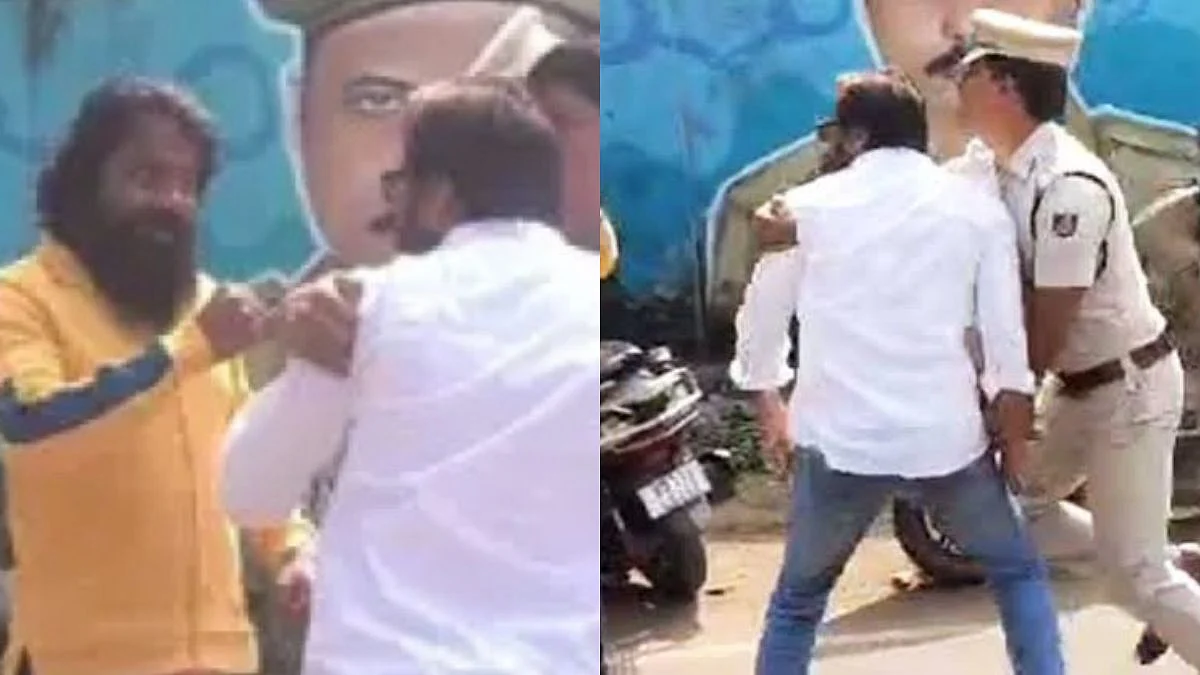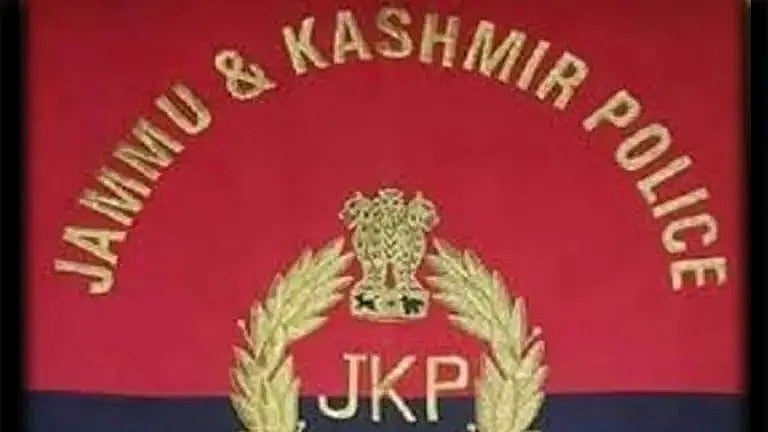Justice Uday Umesh Lalit was on Wednesday appointed as the 49th Chief Justice of India after President Droupadi Murmu signed his warrant of appointment.
He will assume charge on August 27 after incumbent N V Ramana demits office the day before.
Justice Lalit was elevated as a Judge of the Supreme Court directly from the Bar on August 13th, 2014. In May 2021, Lalit J got appointed as the Executive Chairman of the National Legal Services Authority (NALSA).
Justice Lalit will become the second Chief Justice of India to be directly elevated to the Supreme Court from the Bar, after Justice S.M. Sikri, who served as the 13th CII in 1971.
Justice Lalit has served as a Member of the Supreme Court Legal Services Committee for two terms and has to his credit several landmark judgments.
Born on 9th November 1957, in Solapur, Maharashtra, Justice Lalit was enrolled as an Advocate by the Bar Council of Maharashtra and Goa in June 1983. He practised in the High Court of Bombay till December 1985 before shifting his practice to Delhi in January 1986.
He worked in the chambers of Shri Soli J. Sorabjee from October 1986 till 1992 and was on the panel of lawyers for the Union of India during the period Shri Soli J. Sorabjee was Attorney General for India.
From 1992 till 2002, he practised as an Advocate on Record and was designated as Senior Advocate by the Supreme Court in April 2004.
He was also appointed Amicus Curiae in many important issues, including Forest matters, Vehicular Pollution, Pollution of the Yamuna etc.
He was appointed as Special Public Prosecutor for CBI under the orders of the Supreme Court to conduct the trial in all 2G matters.
In 2011, a Supreme Court bench of Justices GS Singhvi and AK Ganguly appointed Lalit as the special public prosecutor for the Central Bureau of Investigation (CBI) in the 2G spectrum cases, stating that "in the interest of a fair prosecution of the case, the appointment of UU Lalit is eminently suitable."
During his tenure, Justice Lalit recused himself from several high-profile cases, including Yakub Menon, Malegaon blasts, Asaram Bapu, teachers’ recruitment scam case, Ayodhya Title Dispute etc.
Four landmark cases:
Triple Talaq: One of the path-breaking verdicts was the August 2017 judgement by a five-judge constitution bench which by a 3-2 majority ruled the practice of divorce through instant 'triple talaq' as "void", "illegal" and "unconstitutional".
Travancore Royal Family: In another important judgement, a bench headed by Justice Lalit had ruled the erstwhile royal family of Travancore has the management right over the historic Sree Padmanabhaswamy Temple in Kerala, one of the richest shrines, holding that the rule of "heritability must get attached to a right of Shebait" (servitor) of the temple.
POCSO: A bench headed by Justice U U Lalit had ruled that touching sexual parts of a child's body or any act involving physical contact with 'sexual intent' amounts to 'sexual assault' under section 7 of the Protection of Children from Sexual Offences (POCSO) Act as the most important ingredient is sexual intent and not skin-to-skin contact.
2G spectrum scam: He was appointed a special public prosecutor for the CBI to conduct a trial in the 2G spectrum allocation case.
(with various sources inputs)










